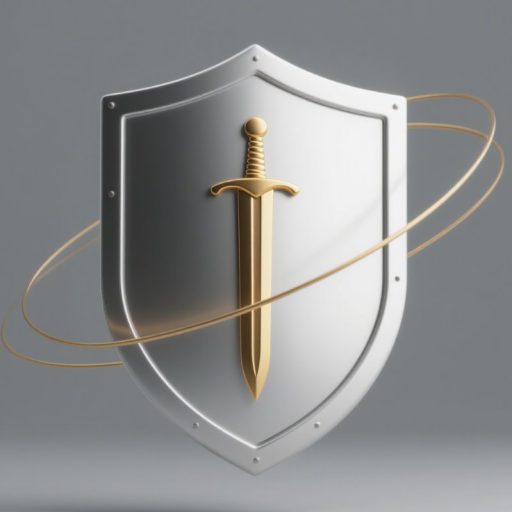Slip and fall accidents happen suddenly—but the consequences can be serious: broken bones, head trauma, or permanent disability. If you were injured on someone else’s property, you may be eligible for compensation. Here’s what you need to know.
1. Who’s Liable for a Slip and Fall Accident?
Property owners have a legal duty to keep their premises reasonably safe. Liability depends on:
- Where the injury occurred (e.g., grocery store, apartment, sidewalk)
- Whether the owner knew or should have known about the hazard
- Whether they failed to fix or warn in time
Examples of negligent conditions:
- Wet floors with no warning signs
- Icy walkways not salted
- Poor lighting in stairwells
- Broken flooring or loose carpets
🟢 Tip: Businesses are often liable for accidents on their premises. Landlords may be responsible in rental spaces.
2. What Should I Do After a Slip and Fall?
✅ Step-by-Step:
- Take photos of the hazard and your injuries
- Report the incident to the property manager
- Get medical care and follow treatment
- Keep records (bills, diagnosis, time off work)
- Contact a slip and fall attorney
The more evidence you collect, the stronger your claim.
3. Common Defenses Property Owners Use
Owners or insurers often deny responsibility using claims like:
- “The hazard was obvious”
- “You weren’t watching where you were going”
- “We didn’t have enough time to fix it”
An experienced attorney can help counter these arguments using legal precedent and expert testimony.
4. What Compensation Can You Claim?
Depending on your case, you may be eligible for:
- Medical expenses
- Lost wages
- Future treatment costs
- Pain and suffering
- Permanent disability damages
Some states apply comparative negligence—meaning your own responsibility may reduce your payout, but doesn’t always eliminate it.
5. Why You Need a Premises Liability Lawyer
Slip and fall cases are hard to prove without legal help. A personal injury attorney will:
- Investigate the scene
- Subpoena surveillance footage
- Negotiate with insurance adjusters
- Take your case to court if needed
And most work on contingency, so you pay nothing upfront.
🟦 Injured in a Slip and Fall? Don’t Wait.
You may have a limited time to file a claim.
👉 [Speak to a Premises Liability Lawyer Today – Free Consultation]
